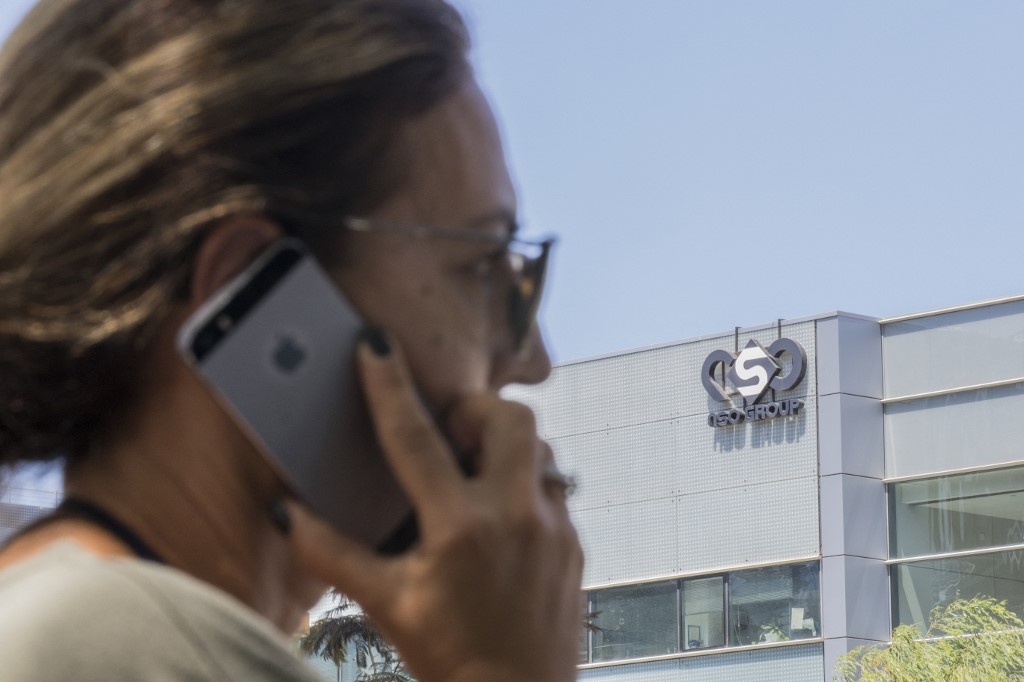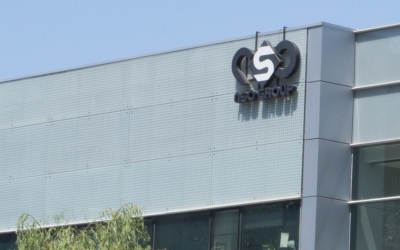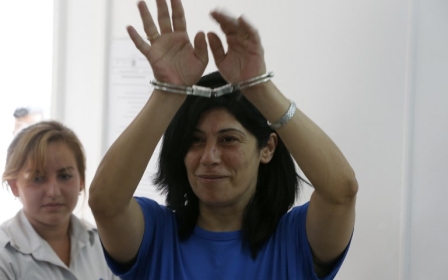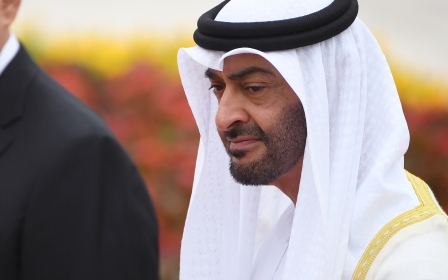US probes Israeli spyware firm NSO following WhatsApp lawsuit: Report

The US Department of Justice has renewed its investigation into the NSO Group, months after leading US tech companies said the Israeli firm was "powerful and dangerous" and should not be granted immunity over its role in hacking operations.
The Guardian reported on Monday that lawyers from the Justice Department approached WhatsApp with technical questions regarding the alleged hacking of 1,400 of its users through Pegasus, the NSO Group's spyware.
Facebook, which owns WhatsApp, filed a lawsuit against the firm in 2019, accusing it of seeking to infect approximately 1,400 "target devices" with malicious spyware that could be used to steal users' information.
The Guardian reported that while the NSO Group was reportedly facing an FBI investigation in early 2020, the investigation seemed to have stalled and the Justice Department was now showing renewed interest in the case.
The Department of Justice told Middle East Eye it had no comment on the report. NSO refused to comment.
MEE has previously reported on the NSO Group's Pegasus spyware.
Rights groups claim the software allows governments to "obtain access to targeted individuals' private data, including the ability to secretly control a target's mobile device" through network injections.
The lawsuit filed by Facebook alleges that the firm facilitated government hacking in 20 countries.
In response to the lawsuit, NSO argued that it should benefit from "sovereign immunity" because it sells its software to unidentified sovereign government clients, and "were contractors of the foreign sovereigns acting within the scope of their employment".
Last July, a judge denied the firm's request to dismiss the suit, allowing the case to proceed.
NSO has appealed the ruling and an appeals court judge will soon decide whether the firm should be granted sovereign immunity in the case.
'Powerful tools of repression'
NSO's spyware has repeatedly been deployed by multiple entities, including foreign governments, to hack into the devices of journalists, lawyers, human rights defenders, and political dissidents.
The Pegasus software had also been used to hack into the WhatsApp account of Middle East Eye columnist Jamal Khashoggi, who was murdered and dismembered in the Saudi consulate in Istanbul in October 2018, NSA whistleblower Edward Snowden claimed.
In December, Citizen Lab, a Canadian communications research group, published a report which found that Pegasus was used to infect the personal phones of 36 journalists, producers, anchors and executives at Al Jazeera.
Citizen Lab described the coordinated attacks on Al Jazeera as the largest concentration of phone hacks targeting a single organisation.
On Friday, House Foreign Affairs Committee Vice Chair Tom Malinowski urged the Biden administration to "do more to protect Americans from the surveillance that preceded and enabled the murder of Mr Khashoggi."
"I urge the administration to develop a comprehensive strategy for confronting the emerging transnational threat to democracy and human rights presented by companies that market such powerful tools of repression," Malinowski said.
Middle East Eye delivers independent and unrivalled coverage and analysis of the Middle East, North Africa and beyond. To learn more about republishing this content and the associated fees, please fill out this form. More about MEE can be found here.





